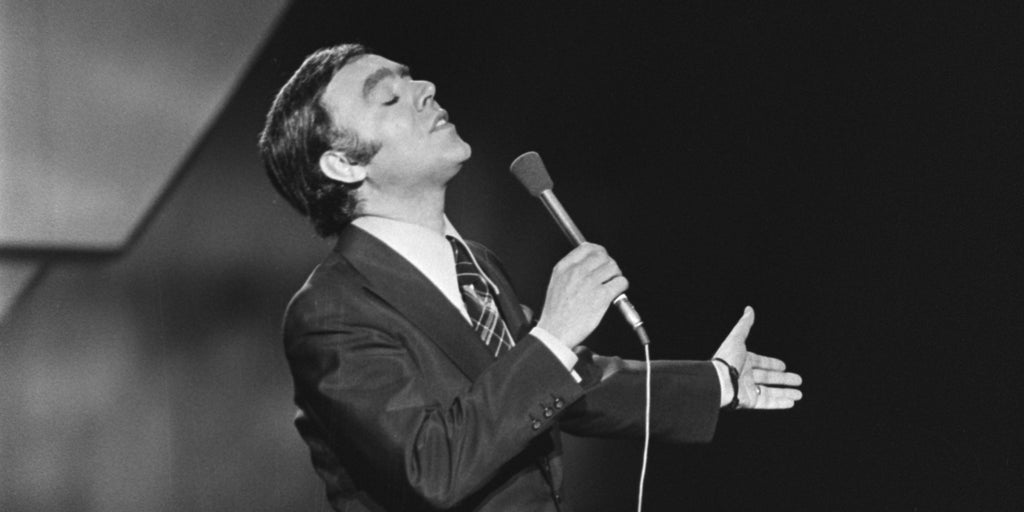
Portuguese Fado: Soul in Music
Portugal, renowned for its stunning landscapes and rich heritage, offers another unique treasure in its cultural tapestry: Fado. More than just a musical genre, Fado serves as an expression of the Portuguese soul, encapsulating the essence of the country. It weaves a melody that echoes the famous Portuguese sentiment of "saudade" – a complex emotion embodying nostalgia, bittersweet sadness, and a universal yet distinctly Portuguese melancholy.
In this article, we delve into the enchanting realm of Fado, exploring its history, meaning, and profound influence on Portuguese culture. Join us on a journey to unravel the deep connections between this musical tradition and the very heart of Portugal.
A Brief History of Fado
Fado boasts mysterious origins that trace back to the early 19th century. The name itself is derived from the Latin word "fatum," signifying fate or destiny. This evocative music genre originated in the working-class districts of Lisbon, particularly the narrow streets of Alfama and Mouraria. In these communities, Fado served as a poignant means of expression for the working classes and sailors, allowing them to convey their sorrows, hopes, and dreams through song.
The haunting melodies of Fado emerged as a reflection of the shared human experiences within these close-knit communities, shaping the cultural identity of Portugal.

Fado, with its ability to capture the profoundest human emotions, has evolved over the years from a local expression to a pivotal element of Portuguese national culture. Its significance was globally recognized in 2011 when Fado was inscribed on UNESCO's Intangible Cultural Heritage List, highlighting its importance as a key component of world culture.
Despite its rich history, Fado remains dynamic, embracing new musical influences while steadfastly preserving its core essence. This adaptability ensures that Fado not only endures as a cherished tradition in Portugal but also continues to resonate with audiences worldwide, transcending cultural boundaries.
The Magic of Fado
Fado is performed by singers called "fadistas", accompanied by Portuguese and classical guitars.

What distinguishes Fado is its distinctive melancholic mood, poignant lyrics, and unparalleled ability to convey the deepest emotions. The thematic scope of Fado lyrics often encompasses love, loss, nostalgia, the sea, everyday life, and the quintessential Portuguese sentiment of saudade.
Fadistas, the singers of Fado, express their pain and joy with both their voices and gestures, creating an intense and emotional atmosphere. These artists have the remarkable ability to captivate entire generations, elevating Fado to new heights and ensuring its enduring appeal. Through their performances, Fadistas connect with audiences on a profound level, making Fado not just a musical genre but a powerful means of shared expression and cultural identity.
The Fadistas: emblematic figures of Fado
Fado has given rise to iconic figures, and among them, Amália Rodrigues holds a special place. Often referred to as "the Queen of Fado," Rodrigues' captivating voice and impassioned interpretations played a pivotal role in propelling Fado onto the international stage.
Her profound connection to the music, combined with her exceptional talent, established Amália Rodrigues as a legendary figure in the world of Fado, leaving an indelible mark on the genre and solidifying her legacy as one of its most influential and celebrated artists.

Carlos do Carmo is indeed another revered figure in the world of Fado. His contributions have been instrumental in popularizing and sustaining the genre across decades.
An influential singer and interpreter of Fado, Carlos do Carmo's dedication to the art form has left a lasting impact on its evolution and continued relevance. His commitment to preserving the essence of Fado, coupled with his unique talent, has cemented his status as one of the great names associated with this deeply cherished Portuguese musical tradition.

Ana Moura, a highly regarded artist, stands out as a prominent figure in the modernization of Fado while maintaining a strong connection to its roots. Her contemporary style and bold approach have added a fresh perspective to the genre.
Ana Moura represents the next generation of Fado, contributing to its evolution and introducing it to new audiences. Her ability to infuse traditional Fado with modern elements showcases the genre's adaptability and enduring appeal, ensuring its relevance for future generations. Ana Moura's innovative spirit exemplifies the ongoing vitality and evolution of Fado in the contemporary music landscape.
Fado Today: An Enduring Cultural Heritage
Today, Fado continues to live and evolve, while remaining deeply rooted in Portuguese culture.

Indeed, younger generations of fadistas are embracing experimentation, incorporating a diverse range of musical influences into Fado. Elements of jazz, classical music, and even rock are finding their way into the traditional Fado repertoire. This subtle fusion not only broadens Fado's appeal to a more diverse audience but also adds a contemporary flair to the genre.
While these innovations bring a modern touch to Fado, they are carefully balanced to preserve the essence and melancholic soul that define this unique musical tradition. The ability of younger fadistas to infuse Fado with varied influences showcases the genre's adaptability, ensuring its continued relevance and resonance with evolving musical tastes.
Much more than a musical genre, Fado is an integral part of Portuguese culture, a profound expression of the people's soul. It embodies the saudade, melancholy and authenticity of Portugal.
If you visit Lisbon, don't miss the opportunity to attend a Fado performance in a "fado house". Fado is Portugal in music.
